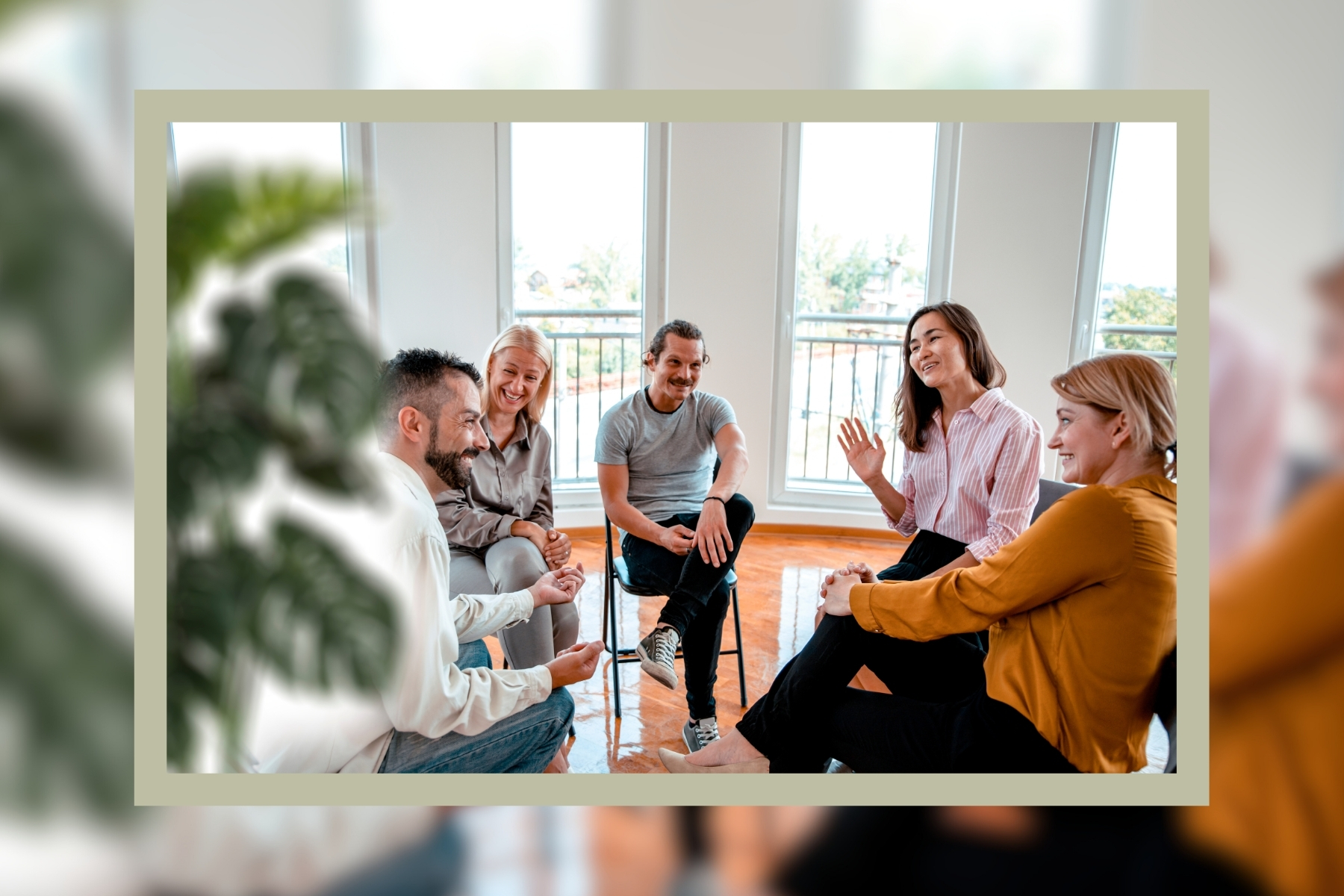When it comes to improving mental health, group therapy offers unique benefits that individual therapy cannot. By sharing experiences with others in a supportive environment, participants can build connections, learn new skills, and find a sense of belonging.
What Is Group Therapy?
Group therapy involves a small group of individuals meeting regularly with a licensed therapist. The sessions are focused on:
- Sharing personal experiences in a safe, confidential space.
- Developing skills to manage specific challenges, such as anxiety or trauma or building interpersonal skills.
The Unique Benefits of Group Therapy
- Peer support: Knowing you’re not alone in facing challenges can reduce feelings of isolation.
- Diverse perspectives: Hearing others’ experiences can provide insights into your own challenges.
- Skill-building: Learn practical tools for communication, conflict resolution, emotional awareness, and coping is empowering.
- Affordability: Group sessions are often more cost-effective than individual therapy.
Group Therapy at Connections Health
Our group therapy programs cover a range of topics, including trauma recovery, anxiety management, and interpersonal skills development. Led by our experienced therapists, our sessions are designed to foster growth and healing in a supportive community.
Related Articles
We live in a world that glorifies hustle, but rest is just as essential to well-being as productivity. At Connections Health, we help our clients challenge the belief that accomplishments define their worth. True wellbeing includes knowing when to pause, recharge, and give yourself permission to simply be. Rest is not a reward. It’s a [...]
When things feel blurry or uncertain, therapy can help you unpack what happened without pressure to label it. Have you ever felt unsettled about a sexual experience but weren’t sure what to call it—or even whether you should call it anything at all? Maybe something about the situation felt “off,” but part of you wondered [...]
Human connection is vital to emotional wellness. It supports our nervous system, reduces stress, and helps us feel seen and valued. Yet for many, genuine connection can feel just out of reach—especially in a world where digital communication often replaces face-to-face interaction and life feels increasingly fast-paced. At Connections Health, we help individuals reconnect—with themselves, [...]






